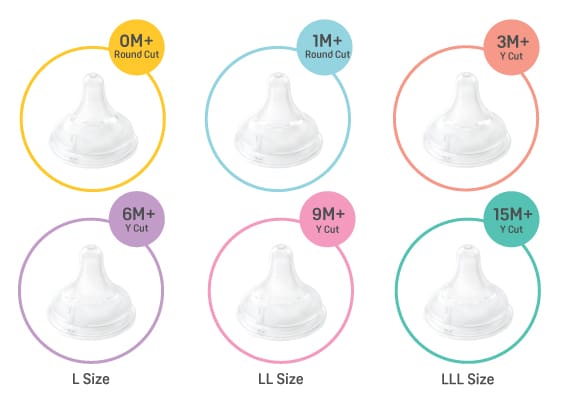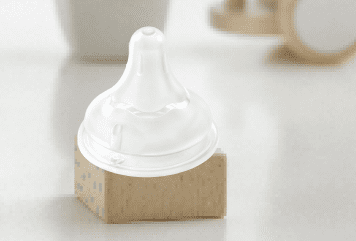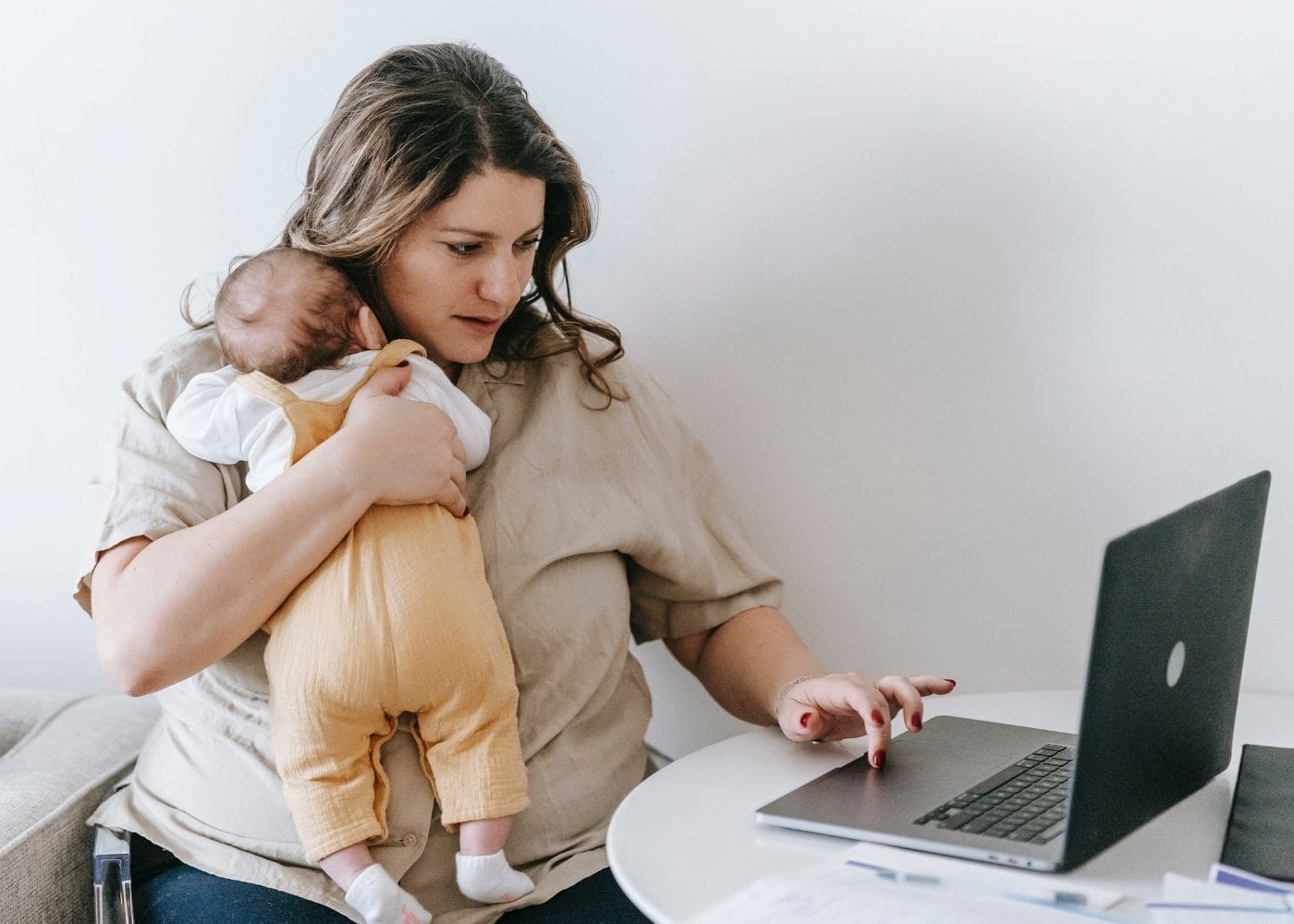How To Exercise During Your First Trimester Of Pregnancy
Who says you can’t sweat it out while growing a tiny human being? Here are some workout tips to help you stay fit and fabulous during your first trimester.
If you’re a new mother-to-be, chances are you may be wondering: is it OK to exercise during pregnancy? The answer is: yes.
Evidently, every woman’s pregnancy journey is unique and different. While some may breeze through their first trimester without a hint of queasiness, others may find themselves crippled with severe morning sickness, nerve pains and fatigue amongst other not-so-fun symptoms that signal the start of a pregnancy. But here’s the good news: exercising works wonders for both mother and baby!
But before getting back into the fitness groove, here are some dos and don’ts to take note.
DO: Exercise accordingly
Create a prenatal workout plan that works for you. The key is to do it in moderation; mild exercise during the first trimester is completely safe, and may actually benefit you in more ways than one. Not only does it help to minimise swelling and aches, the endorphins produced will also give you a major mood and energy boost when the notorious pregnancy hormones strike.
Studies have also shown that expectant mothers who exercise are known to have lesser obstetrical complications and decreased perceived exertion, which means a shorter time spent in labour and a swift postpartum recovery. There’s also a lower risk of developing gestational diabetes, which occurs in 3 to 6% of pregnancies.
Also, be sure to check in with your doctor before commencing on any exercise regimen so they can give you recommendations and advice on how to carry it out safely.
DON’T: Believe in old wives’ tales
Ah, the age-old tale that exercising may induce a miscarriage. Many studies have since debunked the myth, proving that maternal exercise has a multitude of positive effects on babies. This includes healthier birth weights, better cardiac systems and improved cognitive abilities later on in infancy.
DO: Introduce low-impact workouts
For the active mamas who usually stick to a rigorous fitness regimen, now isn’t the time for that. Instead, aim for low-impact workouts such as Pilates, stationary cycling and swimming. These are fun and pregnancy-safe exercises that will get your heart pumping without putting much strain on your body.
“Pregnancy is not the time to work out for weight loss,“ Nichole Tipps, a certified personal trainer at V Shred, tells Insider. “You have a little more capability when you have experience with exercise prior to pregnancy, but the same cautions still apply. Just because you worked out before your pregnancy does not make it advisable to overheat or overwork your body.” Which brings us to the next point…
DON’T: Overheat your body
Despite the health benefits that come with exercising, there are still things that you should be aware of. Particularly, body temperature. For those who haven’t been working out in a while, be mindful not to overexert yourself as it can lead to overheating and an elevated heart rate – which can be extremely dangerous to the baby’s fetal development.
DO: Take adequate snack and water breaks
During pregnancy, the changes in your body can sometimes cause your blood sugar level drop suddenly, which results in you feeling nauseous and lightheaded (not great news for those plagued with morning sickness during the first trimester). Stop exercising immediately if you experience these symptoms and take a snack break to fuel up. Keep some healthy bites such as bananas, oatmeal and nuts with you to help you stay energised throughout the day.
Lastly, don’t forget to drink up! It’s important to replenish your fluids before, during and after workout to prevent dehydration – the goal is to drink 10 to 12 glasses of water per day, regardless of your fitness routine.
You’ve got this, mamas!
Exercising in Your First Trimester: The Do’s and Don’ts – Pigeon Singapore
How To Exercise During Your First Trimester Of Pregnancy














